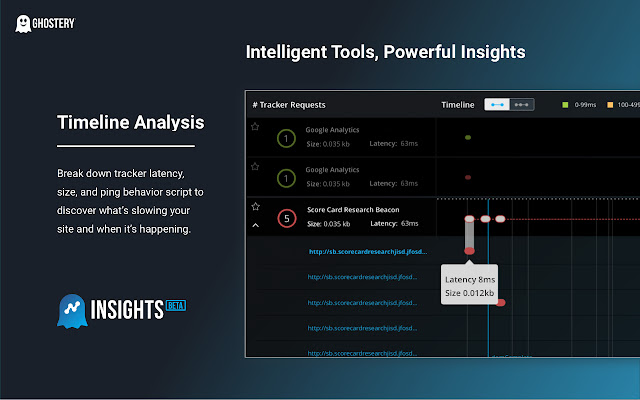
Ever wondered what it’s like to trade the markets without putting your own capital on the line? Funded trader programs were designed for exactly that—it’s the pairing of opportunity and skill, where traders bring their talent and firms bring the capital. Whether you’re eyeing forex swings at 2 a.m., riding crypto’s rollercoaster, or hunting moves in commodities before the market even wakes up, these programs have quietly become the launchpad for thousands of traders worldwide.
It’s the dream pitch: Trade big. Risk small. Keep the profit. But the real question is—who does it best?
In simple terms, a proprietary trading firm (prop firm) lets you trade their money instead of yours. You prove your ability through a paid challenge or a demo phase, hit their targets while staying within risk rules, and, if successful, you get a funded account. Think of it as a job audition—except the interview is live on the markets.
Some major players—like FTMO, The Funded Trader, and MyForexFunds—structure their programs with clear goals, such as hitting a profit target of 8–10% in a set number of days while avoiding daily or overall drawdown limits. Pass both, and you’re in.
Programs vary from $10K starter accounts to staggering $500K allocations. If you’re a swing trader who rides long trends, larger capital means more cushion for wider stop-losses. Crypto scalpers, on the other hand, often prefer smaller accounts with faster scaling plans.
Some firms offer 80–90% profit splits, which, in prop trading terms, is very generous. That means if you earn $5,000 trading gold or NASDAQ indices, most of that lands in your pocket. The tighter splits tend to come with more support services, so there’s a trade-off.
Not all firms are created equal—some lock you into forex only, while others open the door to indices, stocks, options, crypto pairs, and even agricultural commodities. The wider the menu, the more room you have to diversify when one market goes flat.
This is where many traders get caught. Some firms allow weekend holding, news trading, and overnight positions; others have strict limits. If your style is based on fundamentals—say, trading before major CPI releases—you’ll want a firm that doesn’t clip your wings.
A friend of mine passed a multi-phase challenge with an account size that matched his college tuition bill. He focused on GBP/USD and crude oil—two markets that required completely different rhythms. What made it work wasn’t luck; it was the flexibility of the program, which didn’t penalize him for holding crude over an OPEC meeting weekend. That one position funded his account and covered his next year’s rent.
Prop trading has exploded thanks to remote work culture and fintech growth. Decentralized finance (DeFi) is pushing this model even further—blockchain-backed trading accounts, instant payout in stablecoins, and liquidity pools for prop firms themselves are starting to show up.
AI-driven trading strategies are creeping in too. Imagine an algorithm feeding you probability-weighted setups, while smart contracts enforce risk limits automatically. Combine that with traditional prop structures and you have a future where trust is managed by code, not paperwork.
This shift means traders can participate in more global markets, around the clock, without dealing with regional brokerage limitations. Commodities in Asia, indices in the US, crypto everywhere—one login, endless opportunity.
Pro tip: funded accounts can act like a portfolio lab—you can experiment with forex momentum trades during London session, then switch to US stocks after lunch, finishing with a Bitcoin scalp in the evening.
Pass rates aren’t high; pressure can push traders toward risk creep. Decentralized payout systems may face network delays. And AI tools, while tempting, still need human oversight—these aren’t set-and-forget machines.
If you’ve got the skill, funded trader programs are one of the leanest ways to scale into serious trading without burning through your own savings. In a space where capital is king, these firms are the partners you didn’t know you needed.
Trade beyond your wallet—step into a funded trader program and turn performance into freedom.
If you want, I can make you a side-by-side table comparing three top funded trader programs with capital size, profit split, and asset coverage—would you like me to add that? That would make the article feel even more like a pro web guide.
Your All in One Trading APP PFD